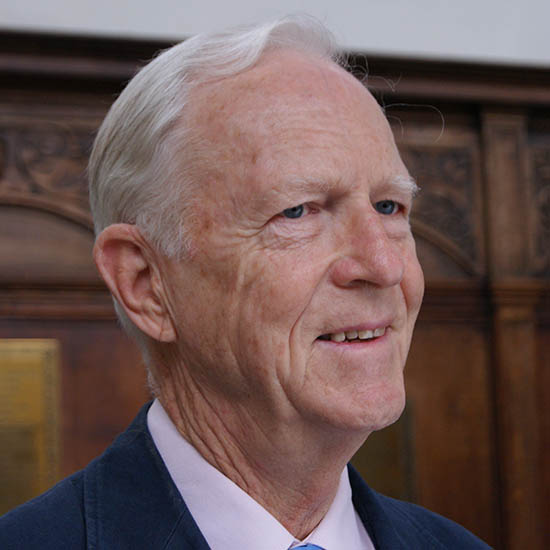Michael Berridge was a physiologist and biochemist whose original field was insect physiology. He was best known for his work in cell signalling, having discovered the key role that calcium plays in controlling cellular activity.
The discovery of inositol trisphosphate (IP3) allowed scientists to understand how cells convert external stimuli into internal signals that govern their behaviour. Michael was able to show that IP3 is the chemical messenger that links hormones outside the cell to calcium stores inside. Understanding the subsequent role of this calcium has provided insight into the physiology of conditions as diverse as cancer, bipolar disorder, cardiovascular disease and Alzheimer’s disease.
Michael’s discovery influenced many areas of biochemical research. In 2005, he was awarded the Shaw Prize in Life Science and Medicine, awarded to individuals who have achieved significant breakthroughs in scientific research and have had a profound impact on humankind. He was a founding member of the Academy of Medical Sciences and was knighted in 1997.
Sir Michael Berridge FMedSci FRS died on 13 February 2020.
Subject groups
-
Molecules of Life
Cell biology (incl molecular cell biology)
Awards
-
King Faisal International Prize
In the field of biochemistry.
-
Louis-Jeantet Prize for Medicine
-
Royal Medal
In recognition of his discovery that inositol 1,4,5-trisphosphate functions as a second messenger to mobilize calcium.
-
Shaw Prize
For works on calcium signalling, a process that regulate the activity of cells.
-
Wolf Prize
In the field of medicine for their discoveries concerning cellular transmembrane signalling involving phospholipids and calcium.
-
Croonian Medal and Lecture
On 'Inositol lipids and calcium signalling'.

